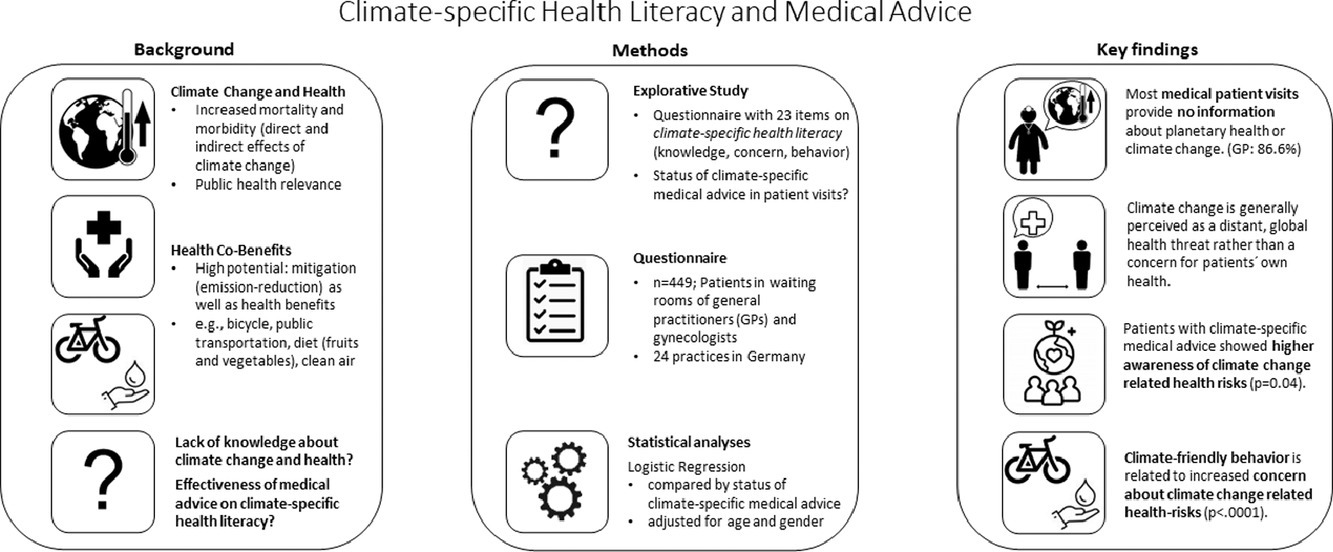Elsevier,
The Journal of Climate Change and Health, Volume 4, 2021, 100070
The healthcare industry is the second leading contributor of waste in the United States. This study reports a waste audit to identify key waste generators in an outpatient practice and start immediately reducing waste and greenhouse gas emissions.
Elsevier,
SLAS Discovery, Volume 26, October 2021
Organoids are three-dimensional, functional structures that mimic in vivo organs. They offer new opportunities for the modeling of cancer and infectious and rare hereditary diseases. Furthermore, the advent of organoid biobanks opens new avenues for drug screening in a personalized fashion and holds much promise for personalized regenerative medicine. Thus, there is a need for reproducible, large-scale organoid generation with minimal variability, making manual approaches impracticable. Here, we review the current use of automation in organoid culture and analysis, using cerebral and retinal organoids as illustrations of current applications. An increased demand for automated organoid platforms is anticipated.
Elsevier, EClinicalMedicine, Volume 39, September 2021
This Research Paper supports SDGs 5 and 10 by applying machine learning techniques to understand gender-based violence in contexts with low prevalence data, offering insight into factors associated with non-marital sexual violence in India.
Elsevier,
Boissonneault, M. and Rios, P., 2021. Changes in healthy and unhealthy working-life expectancy over the period 2002–17: a population-based study in people aged 51–65 years in 14 OECD countries. The Lancet Healthy Longevity, 2(10), pp.e629-e638.
This study supports SDGs 3 and 8 by estimating the healthy and unhealthy working-life expectancy in 14 countries between 2002 and 2017. The study used cross-sectional data from surveys on ageing. Across all countries, increases in the number of years working were accompanied by an increased number of unhealthy working years, most frequently due to hypertension or arthritis.

